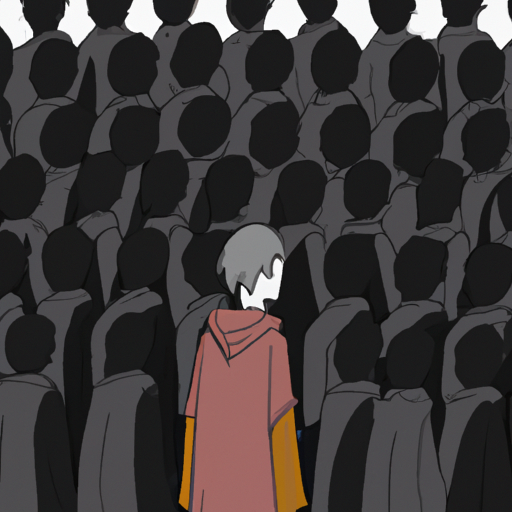The widow of a former member of the prefectural assembly in Japan has taken a stance against what she perceives as posthumous disrespect. Her objection stems from slanderous politicking and the cultural brake against speaking ill of the deceased. The exact details of the alleged disrespect are not detailed in the headline, but such issues often arise in the wake of political disputes and can have ripple effects across society.
In Japan, as in many cultures, there's a strong taboo against speaking ill of the dead. This tradition extends to all aspects of society, including politics. In this particular case, the public might be particularly sensitive given that the accused disrespectful parties may be using a deceased opponent in a political maneuver, challenging both cultural expectations and codes of conduct in local politics.
In the US or EU, similar issues arise when deceased political figures are subjected to posthumous criticism. However, the reaction to such events may differ. Both in the US and EU, there is an increasing willingness to critically reassess the deceased, especially if they were public figures. However, the explicit use of a deceased individual for political gain is still generally frowned upon.

